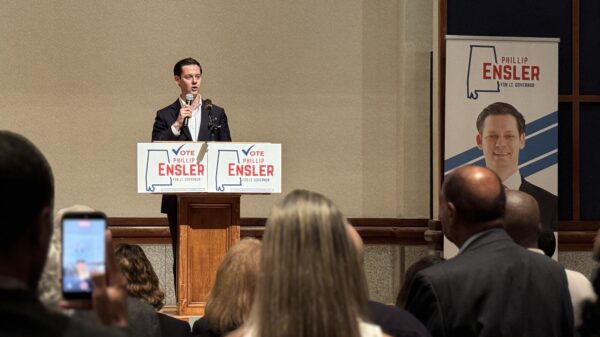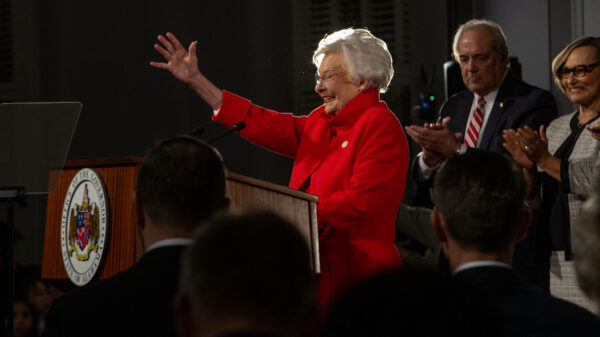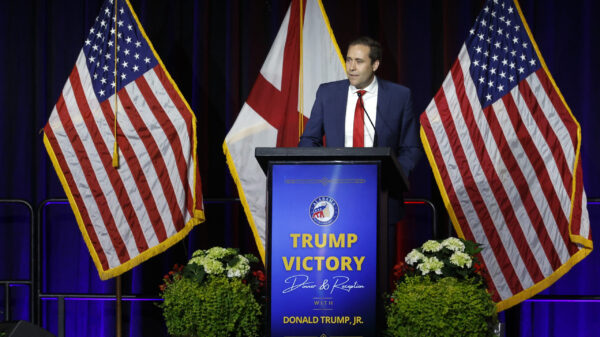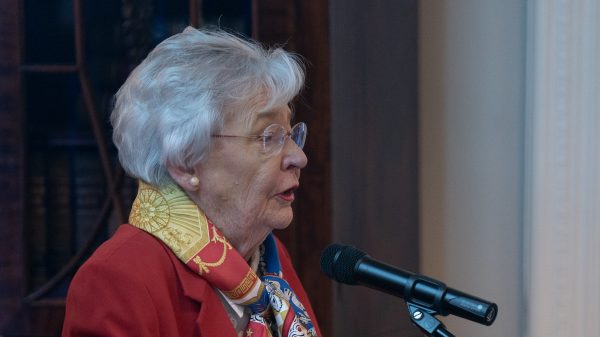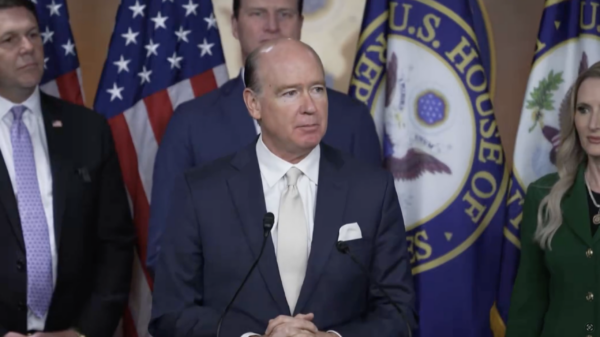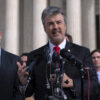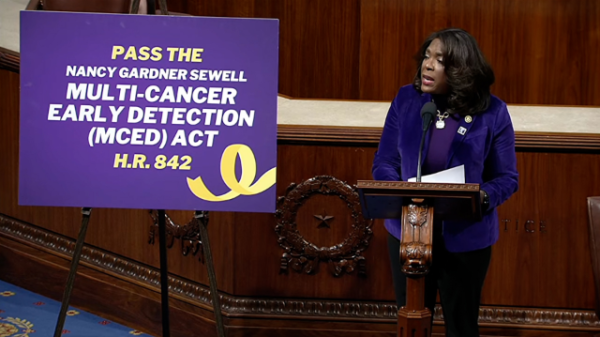By Josh Moon
Alabama Political Reporter
The strangest story I’ve ever covered is over.
A Shelby County Circuit Court judge on Thursday sentenced Jennifer Flynn Cataldo to serve two years for each of two counts of first-degree theft by deception after Cataldo admitted to soliciting tens of thousands of dollars from friends and family in a fake cancer scheme. The two-year terms will run concurrently.
“Those who prey upon the charitable intentions of good Samaritans not only do a tremendous disservice to those truly in need but also betray the trust of the community,” said Attorney General Steve Marshall in a press release. “This sentence should send a strong signal to others who may harbor similar intentions of deceiving the public’s generosity that there will be a price to pay for breaking the law.”
In the release, Marshall’s office took time to thank a number of different people for their work in exposing the scam and bringing Cataldo to justice. He missed two people: Me and attorney Jamie Moncus.
Believe me, that’s not my ego talking.
Honestly, Jamie and I wanted nothing to do with this story, and we both wish it had never happened. We were sucked in against our will.
Last spring, unsolicited, Cataldo’s father, Robert Flynn, sent me an email in which he alleged then-Gov. Robert Bentley and then Attorney General Luther Strange had conspired to bilk his daughter out of a $17 million medical malpractice verdict related to her terminal cancer. In follow-up phone calls and emails, Flynn provided more details, even had documents to support some of his claims, and claimed to have tape recordings of Strange and Bentley discussing the scheme.
It was an unbelievable story told by a very believable man. And making it all the more believable was the promise of documents and evidence being held by the family attorney and family friend, Jamie Moncus.
Ten minutes into the first phone call with Moncus, we knew something wasn’t right. We started to compare notes. He had spoken to Cataldo a few times in recent weeks. I had spoken to her father. We gathered more info, attempting to decide who all was in on the scam.
It became obvious that Cataldo was most likely running the scam alone. It had been going on for years. She had taken in money from everyone she knew and strangers, utilizing GoFundMe, church prayer groups, Facebook, family friends, message boards and straight out begging friends for money. (You can read the original story here and a follow-up column here.)
She had also used her son, telling friends and family that he had been diagnosed with cancer and was in need of a bone marrow transplant. And she had bilked money out of people for “last chance” trips for her with her son — to Disney World and Chattanooga.
In mid-April, fearing what might happen if we confronted Cataldo about the scam, we turned over what we had to the AG’s office and the FBI.
By early May, Cataldo was arrested and her friends were in disbelief. Shortly thereafter, Cataldo admitted to her crimes, and in a number of correspondences with state and federal court judges, she has begged for forgiveness, promised to work to repay what she stole and vowed to pay for her crimes.
Thursday was the first step.





